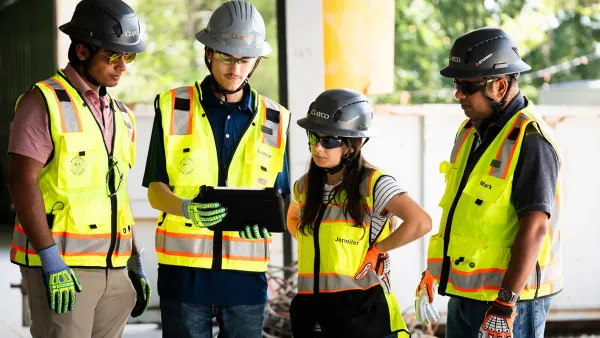Dive Brief:
- Walmart has hired more than 200,000 military veterans since the launch of its Veterans Welcome Home Commitment in 2013, the company announced last week. The program guarantees a job offer to any eligible, honorably discharged U.S. veteran separated from service since it was announced on Memorial Day 2013.
- Of those hired so far, more than 30,000 have been promoted to roles with more responsibility and pay, Walmart said. The company also has adjusted it goal and standards since the program's launch. Originally, it planned to hire 100,000 veterans in five years, but later updated its commitment, announcing plans to hire 250,000 by 2020. The company also removed its eligibility requirement that required vets to have served at least 12 months.
- Through other programs, Walmart said it aims to assist those currently serving and military spouses. Its Military Family Promise guarantees a job at a nearby store or club for all military personnel and military spouses employed by the company who move to a different part of the country because they or their spouse have been transferred by the U.S. military.
Dive Insight:
Employers have been targeting veterans for hire in recent years for a number of reasons. Federal contractors often have veteran hiring goals to meet but for many, the group represents an overlooked talent pool — a bright spot amid a severe talent shortage. And advocates say vets are disciplined, committed and possess strong leadership skills.
Like Walmart, other employers have formalized veteran hiring programs. Some have adopted "returnships", essentially internships that help older workers, parents, vets and others transition back into the workforce. Others are using apprenticeships to teach veterans, and others, new skills. And, as employers begin to broaden their diversity and inclusion plans, veterans are being specifically identified.
Still, recruiters and hiring managers are finding that it's difficult to translate military skills into private-sector requirements, especially when tech is screening applicants automatically. But there are several steps employers can take to address that problem — working with veterans placement groups can help business bridge that gap, experts previously told HR Dive.









